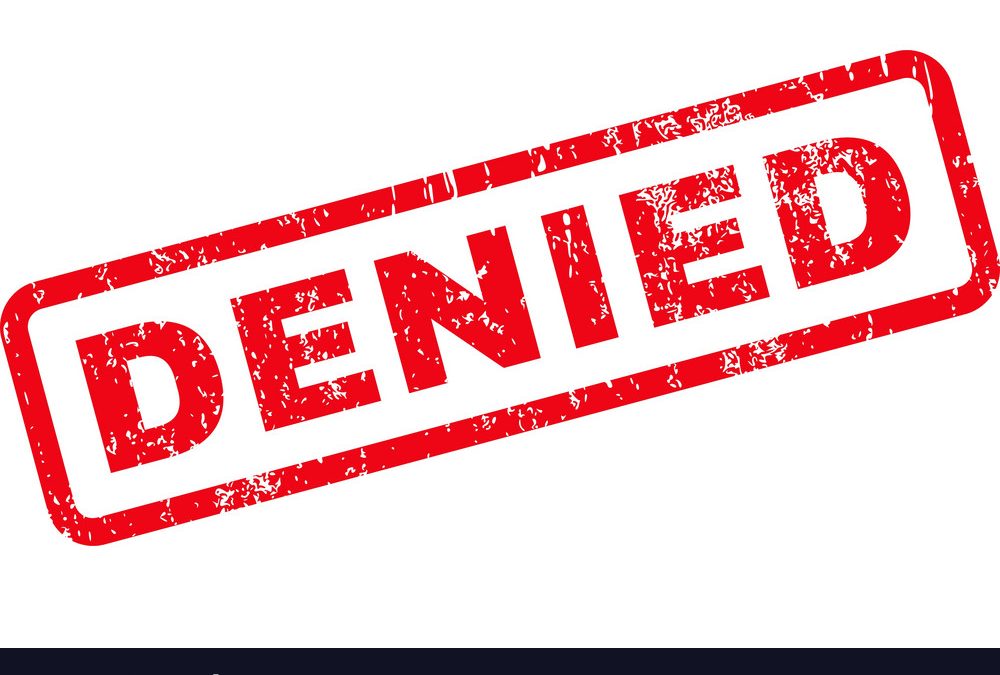
Author: NYC Immigration lawyer Alena Shautsova
On May 29, 2020, President Trump issued another proclamation related to the travel restrictions by citizens of China. Trump used its authority under the Immigration and Nationality Act Section 212(f) to limit the entry of non-citizens into the US. In addition, the Proclamation also calls for revocation of visas of those persons who are currently in the United States and who fall under the Proclamation’s frames. However, unlike previous proclamations, this one does not have a time limit and will remain in effect until revoked by the President.
According to the new proclamation, citizens of China seeking to enter the United States for graduate studies and higher, students and researchers will be prohibited to come to the US if they:
— receive funding from or who are currently employed by, study at, or conduct research at or on behalf of; or
— have been employed by, studied at, or conducted research at or on behalf of, an entity in China that implements or supports the PRC’s military-civil fusion strategy (MCF).
For an explanation of the MCF please see the Department of State’s website: https://bit.ly/3eyTYB3 . According to DOS: “Key technologies being targeted under MCF include quantum computing, big data, semiconductors, 5G, advanced nuclear technology, aerospace technology, and AI. The PRC specifically seeks to exploit the inherent ‘dual-use’ nature of many of these technologies, which have both military and civilian applications.”
The Proclamation provides for generous exeptions, it does not apply to:
–Undergraduate students;
— Lawful permanent residents of the United States;
–The spouse of a United States citizen or lawful permanent resident;
— A foreign national who is a member of the United States Armed Forces and any foreign national who is a spouse or child of a member of the United States Armed Forces;
— A foreign national whose travel falls within the scope of section 11 of the United Nations Headquarters Agreement (such as a PRC U.N. representative or expert performing a U.N. mission) or who would otherwise be allowed entry into the United States pursuant to United States obligations under applicable international agreements;
–A foreign national who is studying or conducting research in a field involving information that would not contribute to the PRC’s military-civil fusion strategy, as determined by the Secretary of State and the Secretary of Homeland Security, in consultation with the appropriate executive departments and agencies;
— A foreign national whose entry would further United States law enforcement objectives, as determined by the Secretary of State, the Secretary of Homeland Security, or their respective designees, based on a recommendation of the Attorney General or his designee; or
— A foreign national whose entry would be in the national interest, as determined by the Secretary of State, the Secretary of Homeland Security, or their respective designees.
The Proclamation also does not apply to asylum seekers.
The Proclamation also states that within the next 60 days, more restrictions may follow that are designed to prevent Chinese nationals from acquiring certain sensitive technology.
The Proclamation does not address the EB5 investor’s program or EB1 self-petition program that allow citizens of China to immigrate to the United States. Nor does it address any work-related or family-related immigrant visas.
It is unclear how the candidates for visa revocation will be determined and if there will be any appeal process in case of erroneous determination.

